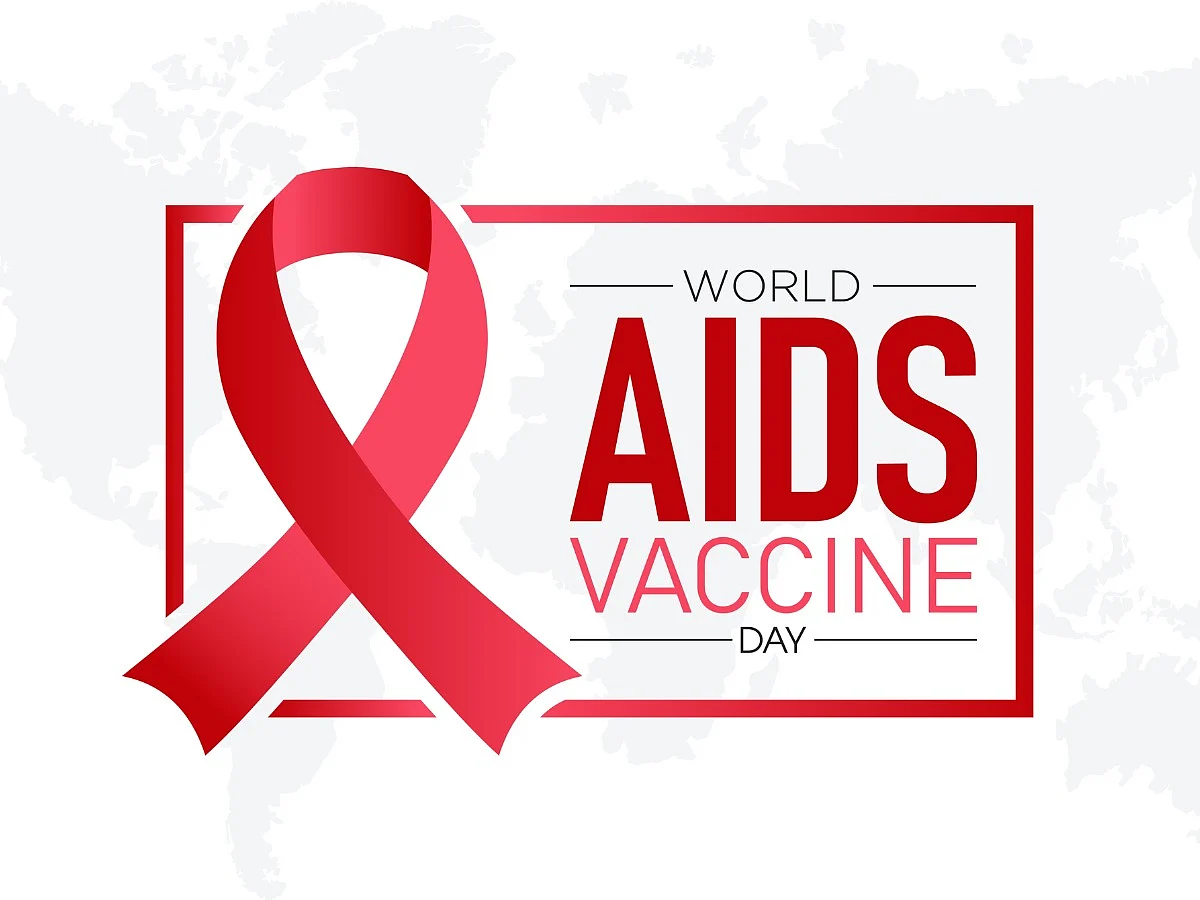World AIDS Vaccine Day 2023: Date, History, and Significance
Check the date, history, and significance for world AIDS vaccine Day 2023.

advertisement
World AIDS Vaccine Day is celebrated on May 18 every year and this day is also known as H.I.V. Vaccine Knowledge Day. This day aims to raise public awareness about the importance of H.I.V. vaccinations in preventing H.I.V. infection and AIDS.
The project works towards achieving two goals- to honor medical professionals, scientists, and volunteers/supporters who have committed their lives to the development of a viable and safe AIDS vaccine. The other emphasizes the necessity of vaccination, a barrier against life-threatening infection.
It is a fantastic initiative led by the National Institute of Allergy and Infectious Diseases (N.I.A.I.D.) and we all together play a critical role in the preventive process. H.I.V. is a severe global public health concern that affected nearly 38 million people by the end of 2019. H.I.V. The condition has become a manageable chronic health condition but people can live healthy and long lives due to improved access to efficient H.I.V. prevention, diagnosis, treatment, and care.
Let's have a look at the history and significance of the World AIDS Vaccination Day 2023.
World AIDS Vaccination Day 2023: History
The inaugural World AIDS Vaccine Day was observed on May 18 in the year 1998 all across the world. The idea of the world AIDS vaccine day was that of the U.S. President Bill Clinton and it was inspired by his commencement speech at Morgan State University in 1997 when he stressed on the importance of vaccination in eradicating the deadly illness. Clinton underlined the need of maximizing the use of science and technology to develop a vaccine to improve people’s ability to fight H.I.V.
Since then, World AIDS Vaccine Day has been observed all over the world to educate people about preventative measures, disseminate AIDS education, encourage researchers, and assure the people's participation in this noble cause.
World AIDS Vaccination Day 2023: Significance
This day recognizes the contribution of various volunteers, community people, health professionals, and scientists who worked together to develop an H.I.V. vaccine that is safe and effective.
International AIDS funding began to decline and less than half of persons living with H.I.V./AIDS on the globe had access to antiretroviral medication. This day helped to bring attention to treatment disparities to prevent the spread of the disease.
(At The Quint, we question everything. Play an active role in shaping our journalism by becoming a member today.)